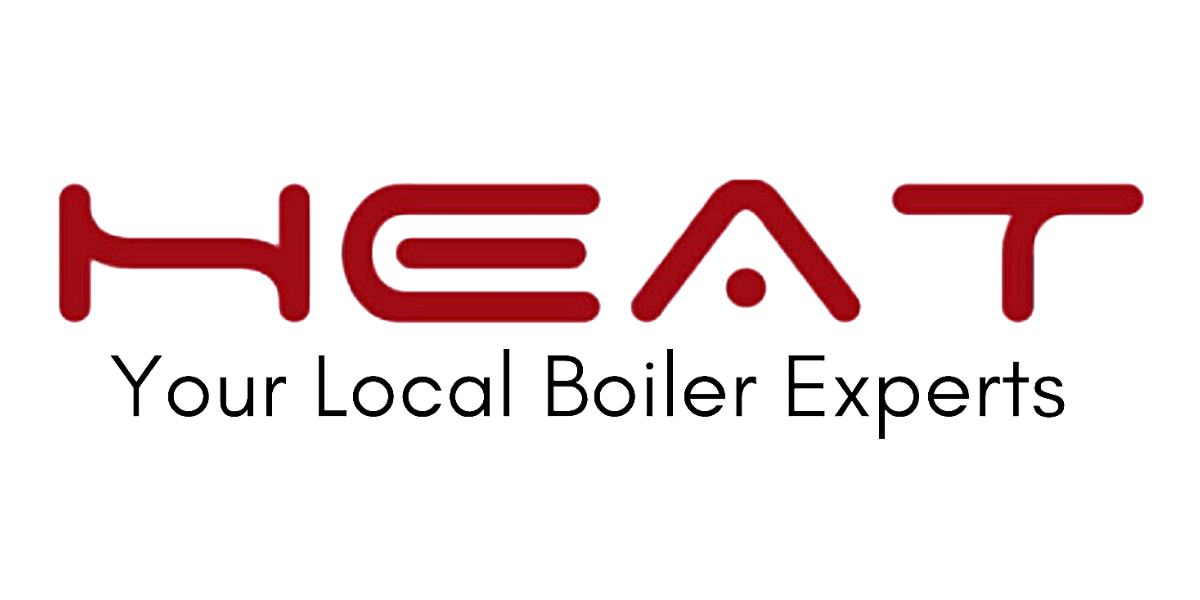Most common types of boilers
Boilers are an essential part of many heating systems, whether in commercial or residential buildings. They are responsible for heating water that is then used to heat a building or provide hot water. There are several types of boilers available on the market today, each with its own unique advantages and disadvantages. In this blog post, we will explore some of the most common types of boilers.
Combi Boilers
Combi boilers, also known as combination boilers, are the most popular type of boiler in the UK. As the name suggests, they combine both a central heating boiler and a hot water heater in a single unit. They are ideal for small to medium-sized homes as they are compact and do not require a separate hot water tank. Combi boilers are energy-efficient and can save you money on your energy bills.
System Boilers
System boilers are similar to combi boilers, but they require a separate hot water cylinder. They are suitable for larger homes with multiple bathrooms, where hot water demand is higher. System boilers can provide hot water to multiple outlets at once, and they can also be used with solar panels to further reduce energy costs.
Conventional Boilers
Conventional boilers, also known as regular or traditional boilers, are the oldest type of boiler. They require a separate hot water cylinder and cold water storage tank, which can take up a lot of space. However, they are ideal for larger homes with high hot water demand. Conventional boilers are also compatible with solar panels and can be used with a heat pump to increase efficiency.
Electric Boilers
Electric boilers are an alternative to gas boilers and are ideal for homes that do not have access to gas. They are also suitable for small apartments or homes with low hot water demand. Electric boilers are compact and easy to install, and they are energy-efficient. However, they can be more expensive to run than gas boilers, especially if you use them for central heating.
In conclusion, there are several types of boilers available on the market today, each with its own unique advantages and disadvantages. When choosing a boiler, it is important to consider your hot water and heating needs, as well as your budget and energy requirements. A qualified heating engineer can help you choose the best type of boiler for your home or business.

